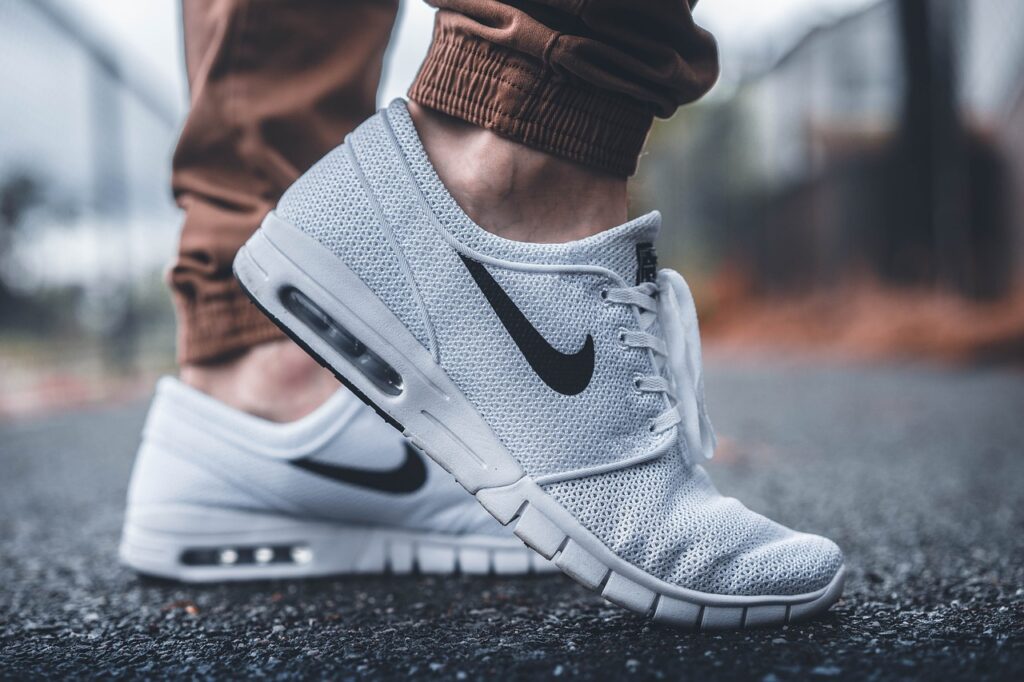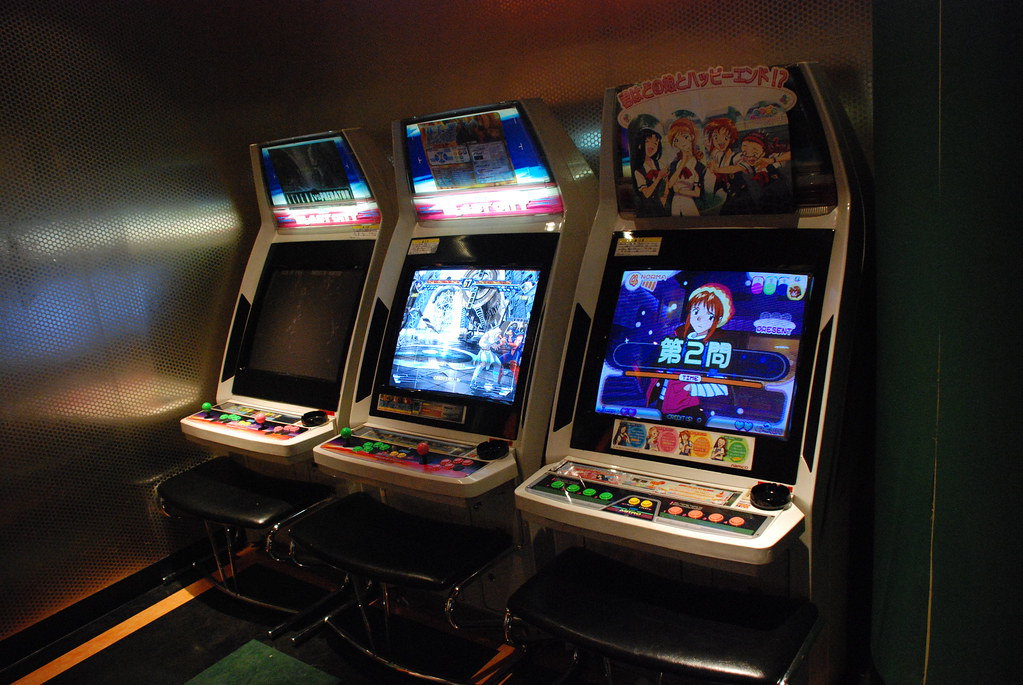
The long-standing debate surrounding the name of Washington’s National Football League team has once again surged to the forefront of national conversation, presenting a complex and often emotional landscape of perspectives. For years, the team’s former moniker, which many considered deeply offensive, was a flashpoint for activism and protest, ultimately leading to a significant change in 2020.
Yet, what might seem like a resolved issue has been reignited, revealing unexpected turns and surprising divisions within the very communities at the heart of the discussion. This renewed controversy involves prominent political figures, established Native American advocacy groups, and a newer organization challenging the prevailing narrative, all against a backdrop of deeply held convictions and historical grievances.
To truly understand the multifaceted nature of this ongoing saga, it is essential to delve into the various viewpoints, the compelling research, and the powerful voices that shape this crucial dialogue. We will explore the historical context of the name change, the vocal opposition to the old name, and the recent push for its reinstatement, examining the foundational arguments from all sides.
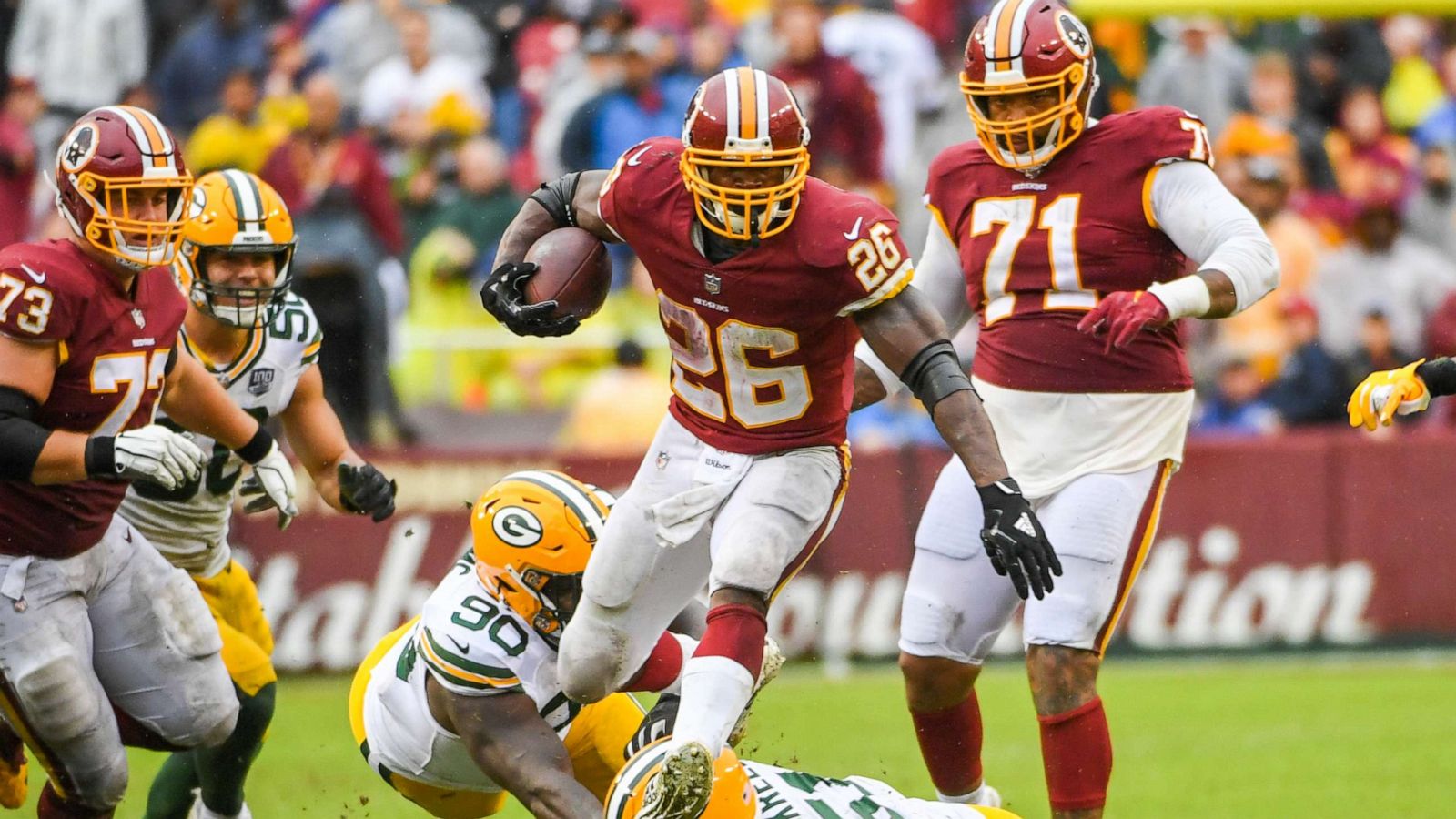
1. **The Washington Team’s Evolving Moniker: From Redskins to Commanders**For decades, from 1937 when the team relocated from Boston, the Washington NFL franchise carried a name that would become one of the most contentious in American sports. The term ‘Redskins,’ deeply embedded in the team’s identity, became a focal point of protest for numerous Native American groups and activists who argued it was a racial slur and a relic of dehumanizing stereotypes.
Under sustained pressure stemming from literally ‘decades of activism,’ the organization finally retired the name in 2020. This landmark decision marked a significant victory for those who had tirelessly campaigned for change, culminating in an interim period as the ‘Washington Football Team’ before the franchise officially settled on ‘Commanders’ prior to the 2022 season. This evolution was not merely a cosmetic change but a response to profound cultural and social shifts, as well as an effort by the new ownership group, led by Josh Harris and including Magic Johnson, to distance themselves from the controversial tenure of disgraced former owner Dan Snyder.

2. **President Trump’s Demand to Revert the Name**Just as the dust seemed to settle on the team’s rebranding, the issue was forcefully reopened by former President Donald Trump. Over a recent weekend, Trump explicitly threatened to block a deal to construct a new stadium in Washington, D.C., should the Washington Commanders decline to revert to their former name, which he referred to as the ‘Washington Redskins Football Team.’
Through posts on his Truth Social site, Trump not only issued his threat but also expressed a firm belief that the change would be welcomed by Native Americans. He wrote, “Our great Indian people, in massive numbers, want this to happen,” adding that “Their heritage and prestige is systematically being taken away from them.” He further encouraged other teams, such as the Cleveland Guardians, to also revert to their former monikers, asserting that “Times are different now than they were three or four years ago. We are a Country of passion and common sense. OWNERS, GET IT DONE!!!” This strong directive injected a new layer of political intensity into the debate.

3. **The Native American Rights Fund’s Strong Opposition**In stark contrast to President Trump’s assertion, leading Native American advocacy groups have vehemently opposed any return to the former name. Jacqueline De León, senior staff attorney for the Native American Rights Fund (NARF), articulated a clear stance against it, stating unequivocally, “No Native American child should have to sit through a pep rally or in a stadium where their culture is being mocked.” This powerful statement underscores the deep personal and cultural impact that such symbols can have on young individuals within Native communities.
NARF has been a consistent voice in this debate, having actively supported efforts in New York to ban the use of Native American mascots in schools and recently releasing a video reinforcing their position. De León views the Trump administration’s intervention and challenges to such bans, including the Department of Education’s June 17 announcement that called New York’s ban “an unlawful attempt to ban mascots and logos that celebrate Native American history,’’ as a deliberate strategy. She contended that it is “part of the larger narrative by the Trump administration to muddy the waters and undermine civil rights protections,” emphasizing that it is simply “not racist to push back against racism.”

4. **Voices from the Eastern Shoshone Nation: Savannah Romero and Beth Wright**Adding to the chorus of opposition are individual Native American activists and legal experts who articulate the profound harm perpetuated by such mascots. Savannah Romero, an enrolled member of the Eastern Shoshone Nation and co-founder of the BLIS (Black Liberation-Indigenous Sovereignty) Collective, urged city officials to resist the name change, powerfully asserting, “We are language keepers, land protectors, survivors of attempted genocide, and a part of sovereign nations.” Romero underscored the dehumanizing aspect of these mascots, stating, “To equate Native people with cartoonish mascots alongside animals is a gross and ongoing tactic of dehumanization.” Her words highlight the struggle for true recognition and respect, extending far beyond the realm of sports.
Beth Wright, a member of Pueblo of Laguna and a staff attorney with the Native American Rights Fund, further elaborated on the broader historical context of identity erasure. Wright pointed out that the United States has a long history of attempting to diminish Native identity and culture through various means, including federal Indian boarding schools, the banning of Native religious and cultural practices, and the seizure of Native lands. She affirmed that “Native people are still working to revitalize what the United States tried to erase,” and critically noted that “Native mascots work directly against these efforts by perpetuating false historical narratives about Native people and false depictions of who Native people are today.”
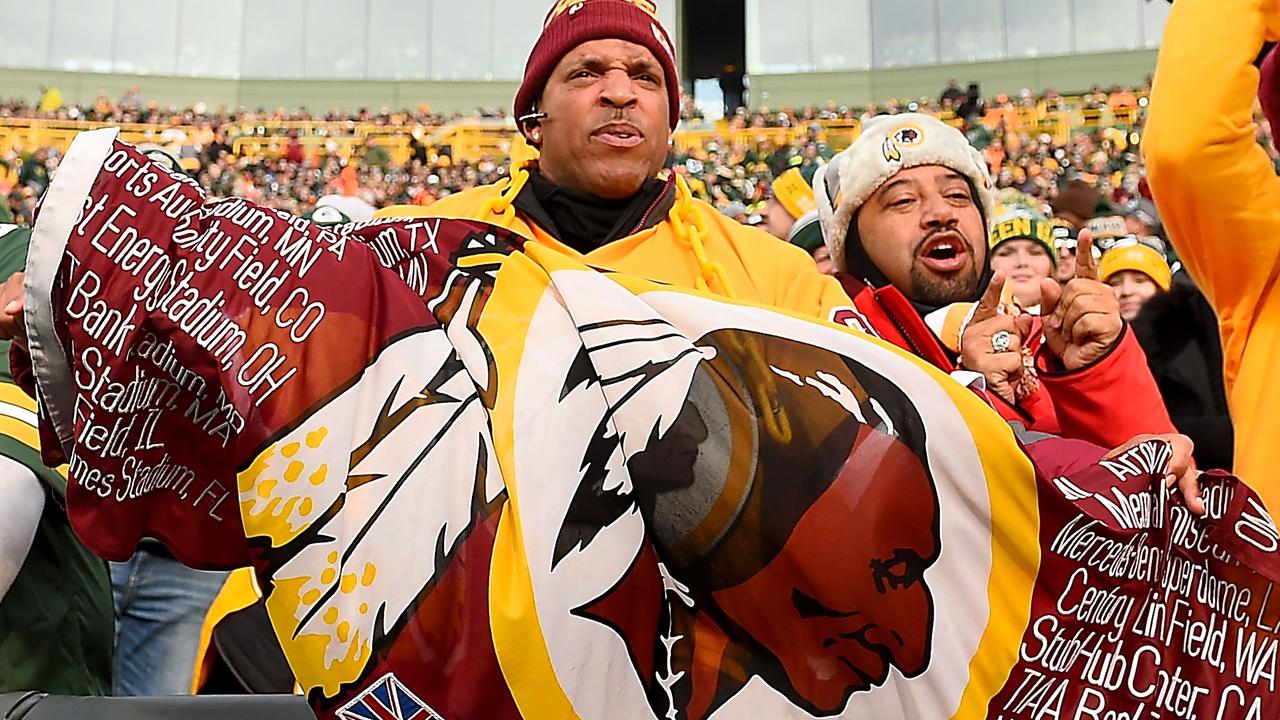
5. **Decades of Research on Negative Mental Health Impacts**Beyond the moral and cultural arguments, a substantial body of academic research provides compelling evidence of the negative mental health impacts associated with Native American mascots. Mark Macarro, president of the National Congress of American Indians (NCAI), highlighted this critical aspect, noting that the NCAI has been actively pushing back against stereotypes of Native Americans, including sports mascots, since the 1950s. Macarro stated, “This is a big reminder with this administration that we’re going to take some backward steps,” adding with conviction, “We have our studies, we have our receipts, and we can demonstrate that this causes real harm.”
Indeed, more than two decades of research on Native mascots have consistently demonstrated alarming consequences, including heightened rates of depression, self-harm, substance abuse, and suicidal ideation among Indigenous peoples. Crucially, these impacts are found to be “greatest on children,” underscoring the vulnerability of young Native Americans to such harmful imagery. The scientific community’s findings are robust, moving the debate beyond mere opinion to one supported by empirical data.
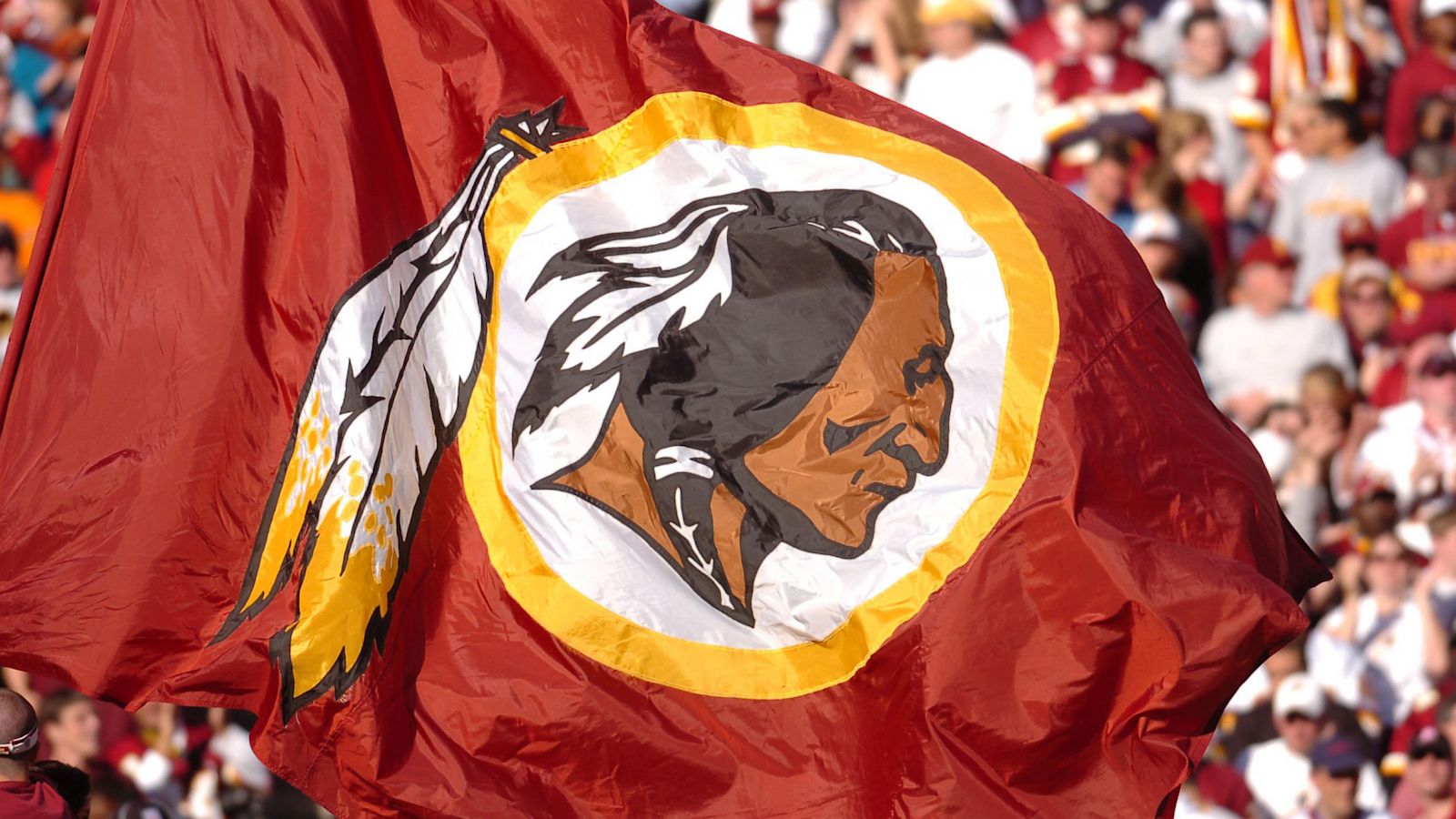
6. **The American Psychological Association’s Stance and Expert Consensus**The depth of the scientific consensus on this issue is reflected in the long-standing recommendations from prominent professional organizations. The American Psychological Association (APA), for instance, has been recommending the retirement of Native mascots since 2001, citing the extensive data on their detrimental effects. This stance underscores the widespread agreement within the psychological community regarding the harm caused by such imagery.
Steph Cross, a professor of psychology and researcher at the University of Oklahoma and a citizen of the Comanche Nation, emphasized that “Being offended is not even really the problem. That’s a symptom.” She further noted that Native mascots are not only harmful to Indigenous peoples but also “reinforce racial prejudices among non-Natives,” including individuals who will directly interact with Native people, such as health care professionals and teachers. Similarly, Stephanie Fryberg, a professor at Northwestern University, a member of the Tulalip Tribes, and a leading researcher on Native mascots, asserted, “The ultimate impact, whether conscious or unconscious, is bias in American society.” Her research consistently shows that Native mascots “increase the risk of real psychological harm, especially for young Native people,” reinforcing the call that “Honoring Native peoples means ending dehumanization in both imagery and policy.”

